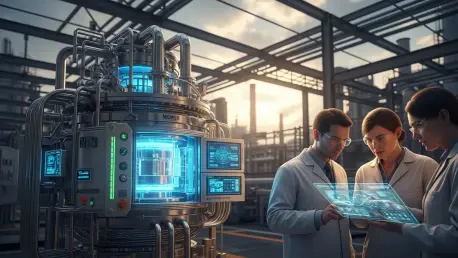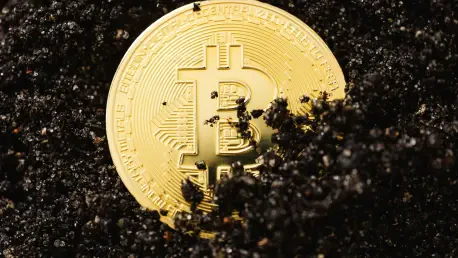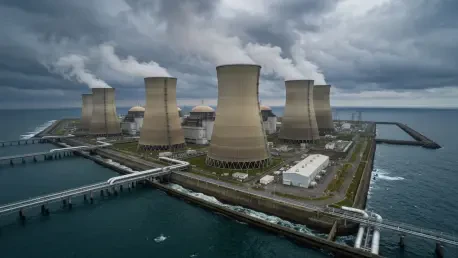
Imagine a future where clean, reliable energy powers the surging demands of artificial intelligence and electric vehicles without the carbon footprint of fossil fuels. This vision is at the heart of a major move by the U.S. Department of Energy, which has committed up to $800 million to develop

As Ankara hosted a state visit that broke a 13-year gap, the leaders of South Korea and Turkey set in motion a plan that sought tangible outcomes over ceremony, pairing national ambition with pragmatic collaboration across strategic industries. President Lee Jae Myung and President Recep Tayyip

In a staggering revelation that underscores the hidden costs of digital innovation, Malaysia’s national utility company, Tenaga Nasional Bhd (TNB), has reported losses surpassing $1.1 billion due to electricity theft linked to cryptocurrency mining operations over recent years. This financial

Abby Price’s remarkable ascent from a graduate student to the head of a million-dollar business at just 29 years old is a testament to grit and ingenuity. With a modest $20,000 investment, she built Abbode, an embroidery-focused enterprise in New York City, now generating $1.6 million annually. Her

What does it take for a nation scarred by nuclear disaster to embrace the very technology that once shattered its trust? In Niigata Prefecture, a monumental decision looms as Governor Hideyo Hanazumi stands ready to approve the restart of the Kashiwazaki-Kariwa nuclear power plant, the largest of

In the heart of New Jersey, a mounting crisis over skyrocketing energy costs has left residents grappling with financial strain and ignited a firestorm of public frustration, pushing the issue to the forefront of political and social discourse. Electric and gas bills have surged dramatically,